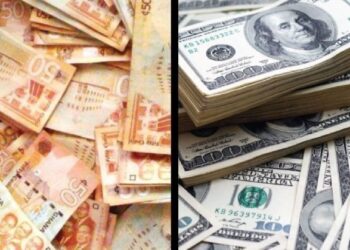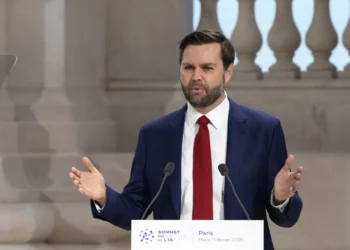The Community Development Alliance (CDA) has revealed that the government of Ghana accessed and utilized $2,144,950,000 (GHC12,440,710,000) from different sources to fight the pandemic.
These sources include both domestic and multi-national. For instance, the government obtained resources from the World Bank, IMF, Ghana Stabilization Fund, and the Contingency Fund of the Stabilization Fund. The rest of the sources include the Ghana Heritage Fund, Ghana Exim Bank, and the COVID-19 Trust Fund.
The CDA indicates that the government secured $1bn from the IMF to address fiscal and balance of payment needs. Also, the government sourced a total of $100m from the World Bank. This comprise a first disbursement of $35m. Of this amount, the government allocated $4.5m for Case Detection, Confirmation, Contact Tracing, Recording and Reporting. Another $12.7m for Containment, Isolation and Treatment and $0.7m for Social and Financial Support to Households.
Also, government earmarked $3.6m for Health System Strengthening and $3.4m for the One Health approach. The government allocated $7.4m for Community Engagement and Risk Communication. The remaining $2.7m was earmarked for Implementation Management, Monitoring and Evaluation and Project Management.
Furthermore, the CDA indicates that the government used the second release of $65m to support critical activities. They include laboratory equipment and chemicals, essential medical equipment, and supplies, including test kits and PPEs.
Moreover, the CDA states that the government sourced GH¢1.25b (approximately $219m) from the Excess Fund of the Ghana Stabilization Fund (GSF). The government set aside this money for the Coronavirus Alleviation Program (CAP).
Likewise, the government also sourced $10million loan from the Ghana Exim Bank to produce emergency PPE gear. The CDA further notes that the state also sourced GHc57.15million (about $9.85million) as of December 2020 from the Ghana COVID-19 Trust Fund. This was to assist the poor and vulnerable.
Proper procurement procedures
Meanwhile, the CDA questions the procurement procedure of the government’s PPEs for schools during the partial reopening of schools for BECE and WASSCE candidates. The government said it donated 18,000 Veronica Buckets and 800,000 pieces of 200-millilitre sanitizers for schools. Also, the government stated that it provided 36,000 rolls of tissue paper, 36,000 gallons of liquid soap and 7,200 thermometer guns. Furthermore, the CDA cites the government to have said that it provided hot meals for 540,000 final students and teachers. This lasted for three weeks during the 2020 WASSCE and BECE exams.
However, the CDA notes that there is no full disclose of who the government awarded these contracts, and from which fund. Also, the CDA raises concerns as to whether the contracts went through the proper procurement processes.
As a result, the CDA uncovered several breaches of procurement procedures in its corruption assessment on the fight against COVID-19. As such, it outlines several recommendations for the government as well as other multi-national institutions. It urges government to publish all public contracts to mitigate corruption risks such as hidden contracts, overpricing, and collusion. The CDA also advices the government to use open and competitive bidding.
Moreover, the CDA notes that adequate forms of control, auditing and reporting scrutinizing should precede emergency non-competitive processes. It urges government to publish beneficial ownership information of companies that it awarded contracts.
Furthermore, the CDA recommends that the government should channel donor funding through the budget with full transparency on its utilization. The institution also urges Parliament to ensure parliamentary scrutiny of all COVID-19 procurement. It also tasks the legislature to secure legal authorization of policy measures.
READ ALSO: Political accountability is vertical and horizontal- Ade Coker




















